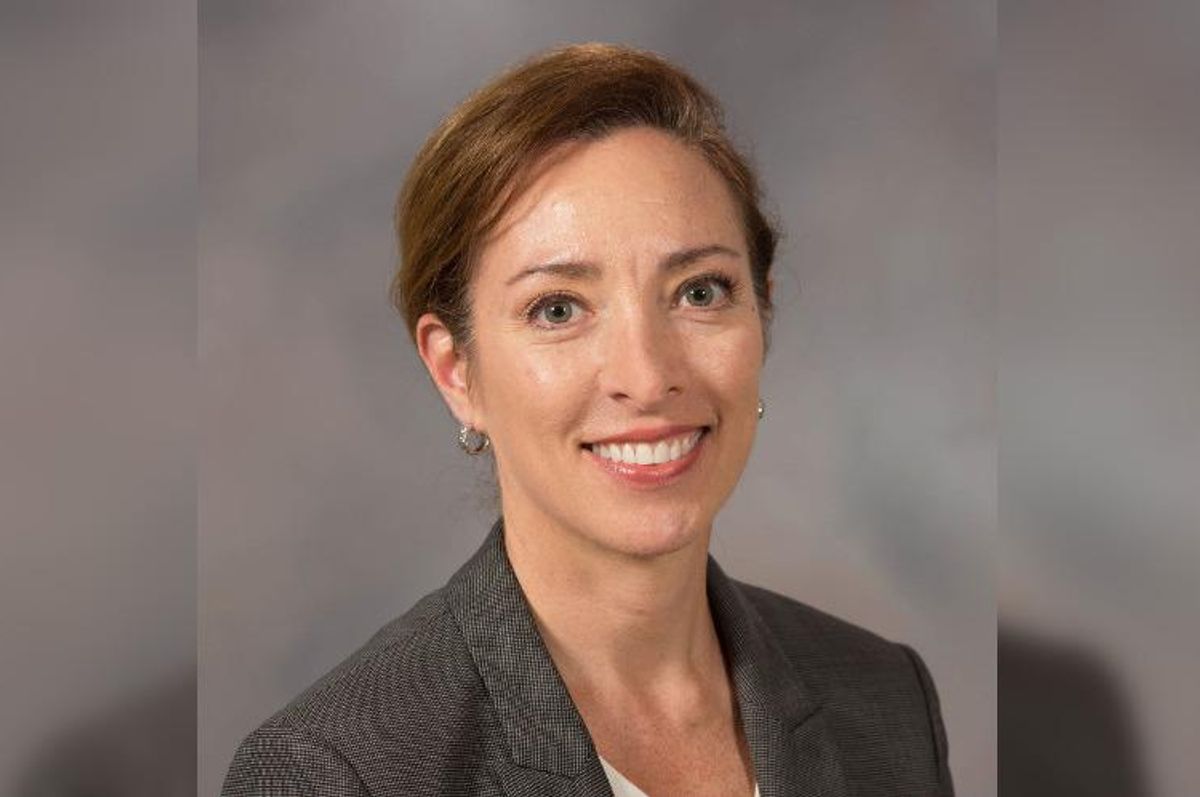A Houston fintech innovator is celebrating his latest startup's exit.
Brassica Technologies Inc., a fintech infrastructure company that's provides a platform for alternative assets, has been acquired by BitGo, a Palo Alto, California-based tech company with digital asset services. The terms of the deal were not disclosed.
"Joining forces with BitGo is a significant step towards Brassica's ultimate vision of building the financial infrastructure of the future," Youngro Lee, founder and CEO of Brassica, says in a news release. "Our strength lies in our 'one stop shop' approach of providing API-enabled infrastructure for the alternative assets industry.
"This sector is rapidly growing and bringing in new investors around the world," Lee continues. "Our technology-focused development, combined with our deep domain expertise in securities and banking laws, uniquely position us in the market, especially for sophisticated clients dealing with the complexities of private securities and digital assets."
Lee founded Brassica in 2020 after his first fintech company, NextSeed, was acquired by Republic. Brassica raised its $8 million seed round led by Houston-based Mercury last year.
The acquisition is a strategic move by BitGo, which was valued at $1.75 billion last year, according to the company after its $100 million raise. Adding Brassica's suite of technology expands on BitGo's ability to grow its customer base.
"We currently have a dichotomy in financial services — one side deals with traditional securities and the other deals with up-and-coming blockchain-based assets and cryptocurrencies," Mike Belshe, CEO of BitGo, says in the release. "With this acquisition, BitGo becomes the first major financial services firm to be able to provide comprehensive infrastructure support for both traditional private securities and blockchain-based assets, while significantly expanding our global presence."
Last year, Lee joined the Houston Innovators Podcast to discuss Brassica and his overarching mission of democratizing fintech and investment tools. He explains there hasn't been a seamless solution created for the backend of alternative asset transactions, things like custody of those assets or transferring and keeping track of them.
"The reason why I thought this was what I wanted to focus on next was exactly because it was an issue I struggled with as a founder of NextSeed," Lee says on the show. "The backend was always an issue. There's not one single vendor that we felt really understood our business, was doing it efficiently, or enabled us to deliver those services to our end clients."

 Youngro Lee has announced funding for his latest fintech endeavor. Photo courtesy
Youngro Lee has announced funding for his latest fintech endeavor. Photo courtesy Image via mykanthaka.com
Image via mykanthaka.com
